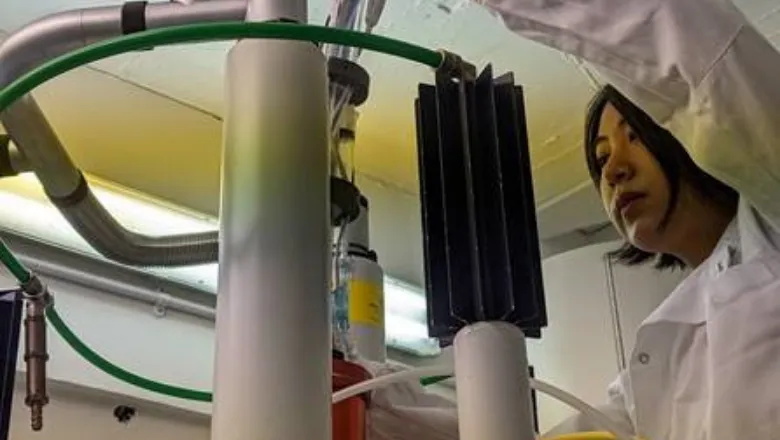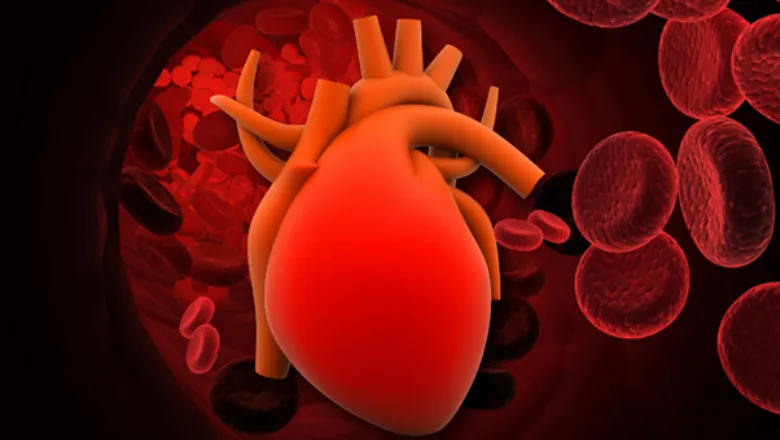
Professor Michael Shattock
Professor of Cellular Cardiology
Research interests
- Cardiovascular
Biography
Mike Shattock graduated from the University of London with a BSc in Comparative Physiology in 1979 with dreams of becoming the next Jacques Cousteau. A final year project on the effects of potassium on the frog heart, however, sparked his interest in cardiac physiology and, as they say, the rest is history! This interest in cardiac electrophysiology and ion regulation was the basis of his PhD at St Thomas’ Hospital (1984) (Supervisors: David Hearse and Chris Fry), and a subsequent post-doc in California with Donald Bers (1985–88). He returned to the UK in 1988 and was awarded consecutive BHF Junior and Senior Fellowships at St Thomas’ Hospital and in 2004 was appointed Professor of Cellular Cardiology at King’s College London. Since 2004, Mike has run the Cardiac Physiology Research Group within the School of Cardiovascular Medicine and Sciences at King’s.
Mike has served on numerous professional bodies, grant funding agencies, industry advisory boards and journal editorial boards. He is currently a Reviewing Editor for Journal of Physiology and a member of the BHF Programme Grant Committee. He is actively and enthusiastically involved in the teaching of undergraduate and post-graduate physiology at King’s and runs a highly rated 3rd-year module, Extreme Physiology, covering the physiology of space, diving, altitude, aviation, G-forces, temperature, trauma and elite sport. His interest in marine and diving physiology has recently been rekindled by this undergraduate teaching. This has led to a number of collaborative projects including ones on dolphins and other marine mammals! Great fun!
Research Interests and Expertise
Mike's main research interest is to apply basic physiological techniques to investigate the regulation of ion transport and cellular electrophysiology in the heart – with a particular focus on responses to stresses such as hypertrophy, heart failure, ischaemia/reperfusion and the cellular mechanisms of arrhythmias.
His group played a key role in identifying phospholemman (PLM) as the principle regulator of the cardiac Na/K ATPase and, for the last 15 years, work has focussed on defining the role of PLM in control of intracellular Na in health and disease. More recently, a programme of work aimed at understanding the influence of cardiac autonomic input on electrophysiology has led to the concept of ‘autonomic conflict’ as a contributor to lethal arrhythmias and sudden cardiac death.
Expertise: The physiological assessment of animal and in vitro models is essential part of these studies and techniques include: in vivo - assessment of cardiac function (echo-cardiography, telemetry, pressure-volume catheters), in vitro - isolated Langendorff and working hearts, autonomically innervated isolated hearts with full epicardial fluorescence and voltage mapping, novel NMR spectroscopy (dynamic intracellular Na measurements in beating hearts using 23Na and simultaneous 31P energetics), isolated cardiac muscle and single cell preparations, whole-cell voltage clamping, ion fluorescence microscopy etc, as well as standard protein biochemistry and analytical techniques.
Research

Shattock Lab
Shattock Lab

Immunometabolism (iMet) Research Interest Group (RIG)
The aim of the i-met research interest group is to stimulate novel collaborations in the field of Immunometabolism, a young but rapidly growing field of research.
News
Researchers identify a possible new target for treatment of hypertension
New study examines how changes in protein in arterial smooth muscle cells affect blood pressure and hypertension.

Research challenges the reason why a new class of drugs benefits patients with heart failure
A new study provides insight into the mechanism of action of a new class of drugs recently discovered to be effective treatments for heart failure.

Study offers new insights into the mechanisms of heart failure
New research funded by the British Heart Foundation offers new insights into the mechanisms of heart failure and identifies potential novel therapeutic targets.

Research

Shattock Lab
Shattock Lab

Immunometabolism (iMet) Research Interest Group (RIG)
The aim of the i-met research interest group is to stimulate novel collaborations in the field of Immunometabolism, a young but rapidly growing field of research.
News
Researchers identify a possible new target for treatment of hypertension
New study examines how changes in protein in arterial smooth muscle cells affect blood pressure and hypertension.

Research challenges the reason why a new class of drugs benefits patients with heart failure
A new study provides insight into the mechanism of action of a new class of drugs recently discovered to be effective treatments for heart failure.

Study offers new insights into the mechanisms of heart failure
New research funded by the British Heart Foundation offers new insights into the mechanisms of heart failure and identifies potential novel therapeutic targets.

